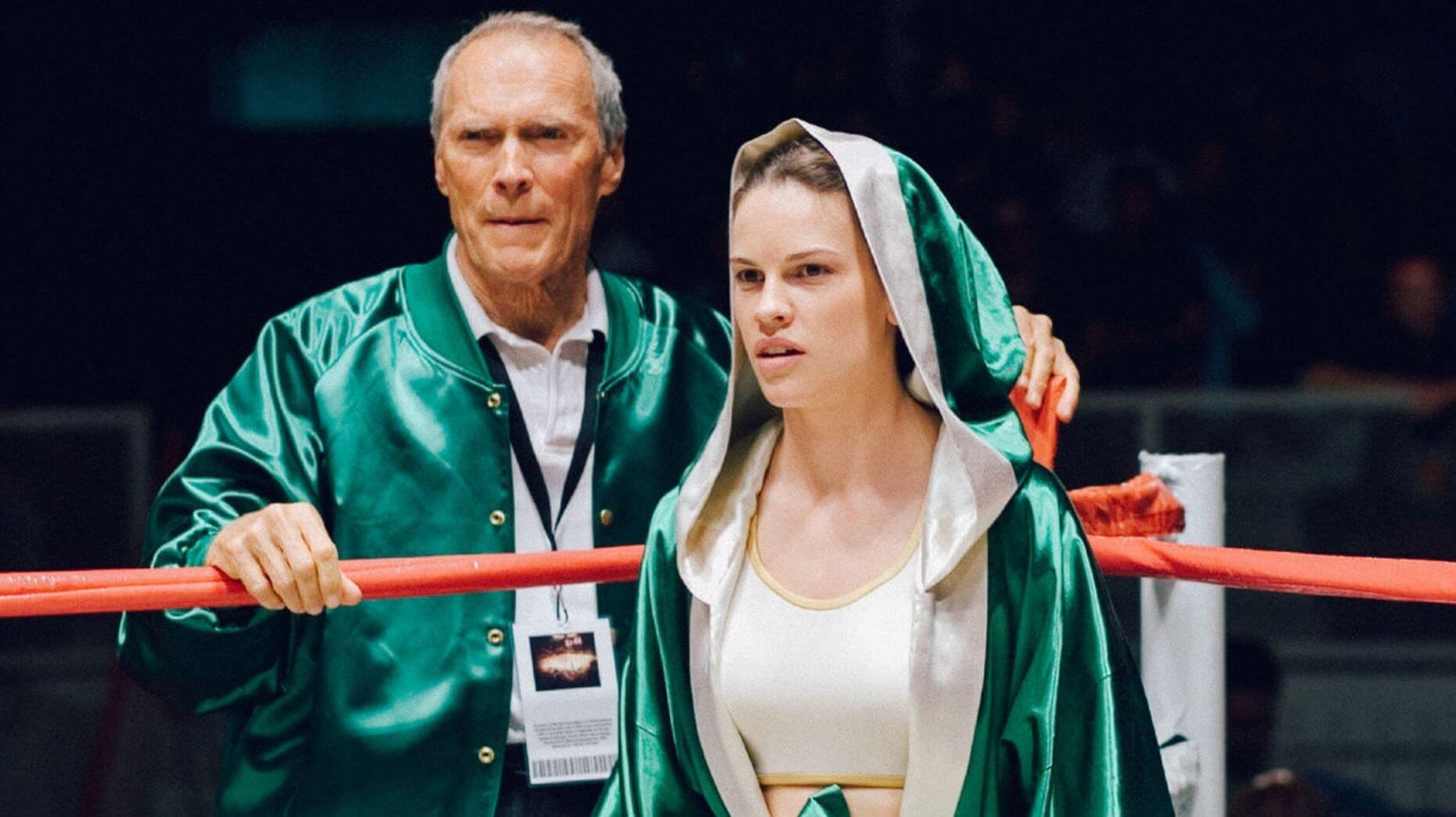
The Cinematic World of Female Athletes
By Avery Hendrick
Women’s professional athletics is expanding around the world. Last summer, the women’s Euro Cup broke and set its own attendance records multiple times. Women’s NCAA March Madness is bursting onto the scene in the US and, in the National Women’s Soccer League, expansion is a constant with two new teams debuting in the 22-23 season and the Utah Royals slated to join the fray for the 2024-2025 season.
So, where are the women’s sports movies, TV shows, and documentaries following the stories of female athletes? Female athletes deserve to have their stories told and women worldwide deserve to see themselves on the big screen in every aspect. However, the sports films and TV shows hailed as the “biggest and the best” almost always follow men: Ted Lasso, Rocky, Drive to Survive, Miracle, Creed, Friday Night Lights, Moneyball, and so many more. Female sports films and television are often pushed aside or viewed as “women’s movies” rather than mainstream sports films despite the multitude of films that deserve more public attention and appreciation.
However, this does not mean there is a lack of female-centered sports movies entirely. In fact, there’s a rich history of women’s sports media with additions being made every day. The problem is these stories lack much-deserved appreciation.
Most recently, there has been a surge in documentaries concerning female athletes, sports, competitions, and histories. ESPN’s 30 For 30 program is a shining example. The show, which currently has four seasons, has at least half a dozen specials centered on women like 2010’s Marion Jones: Press Pause and the 2022 three-part special Dream On following USA’s women’s basketball team. In 2013, ESPN released Nine for IX, a nine-part series in which each woman-directed episode follows a unique fight for equality in women’s athletics. Finally, in 2022, ESPN released 37 Words, a documentary following the creation and implementation of Title IX in celebration of its 50th anniversary.
There are plenty of productions outside ESPN, too. In March 2023, the documentary Ice Queens premiered on Hulu, which features Black women and athletes in hockey as they strive to grow the game around the world. Though not recent, Dare to Dream: The Story of the U.S. Women’s Soccer Team is another important addition. And, in the world of running, Tracksmith’s commercials and video essays showcase elite female runners. The company’s most ambitious project, Church of the Long Run (2023), is a half-documentary, half-experimental film that literally follows a solo female runner on a long winter run.
Perhaps the more classic and well-known genre of female sports cinema is the “biopic” or “fictionalized retelling.” In this category, we see favorites like the 1992 film A League of Their Own and its 2022 television remake on Amazon Prime, which strove to portray a more accurate picture of the Women’s Baseball League. Both versions had female creators involved in the production process, with the film being directed by Penny Marshall. I, Tonya and Battle of the Sexes, both 2017 releases, along with A League of Their Own (2022) represent a recent surge in movies within this genre, though the male director and screenwriter of I, Tonya presented very little of the sports side of the story within the film, choosing instead to focus on the familial relationships of Tonya Harding.
These productions were all hits, with I, Tonya receiving three Academy Award nominations and winning one. However, they tend to shy away from the “athletics” side of sports. If there’s a sports moment, it’s probably a montage, and the films as a whole are overshadowed by comedy or acting prowess. While not a massive problem, these stylistic choices cause many of these movies to be identified as dramas as opposed to sports films. One exception is the South Korean film Take Off 2. Released in 2016, the film depicts the creation of South Korea’s first women’s ice hockey team, a women’s sport overshadowed in nearly every aspect, especially media coverage. The movie, while based on a true story, is an undeniable sports film.
The most common type of female sports film, though, is the comedy/drama, or dramedy. Often short and low-stakes, these films rarely stray from the narrow genre of “female sports.” Fan-favorites like Whip It (2009), Stick It (2006), and Bring It On (2000) come to mind first. Whip It and Stick It both feature female directors, yet overall, none of these films drive to develop the world of female sports as a serious or intense place. The massive exceptions here, though, are Bend It Like Beckham (2002) and Million Dollar Baby (2004). To this day, Million Dollar Baby is the only sports film in the top 50 grossing sports films to primarily follow a female athlete, though Clint Eastwood was a huge pull in the film’s critical and commercial success. Bend It Like Beckham is an exception in its own way for its portrayal of race conflicts in sports, the community of sports, and female athletics as a career rather than a hobby. Deservingly, Bend It Like Beckham is the highest-grossing soccer film of all time with no others coming close.
As the world of pro women’s sports grows, it’s important that the universe of women’s sports cinema and film grows alongside. It’s instrumental that the stories of female athletes, both their successes and failures, are shown on the big screen, phones, and laptops. It is especially important for female sports films to focus on the grit of athletics and sports outside the realms of dance, gymnastics, or figure skating. Female athletes are more than these three disciplines and there are so many stories and sports that have yet to be touched.
Leave a Reply
You must be logged in to post a comment.